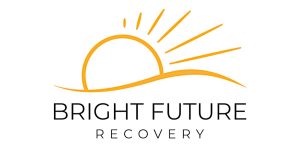What is an Intervention? | How to Find Intervention Help Near Me
- Cheree Ashley
- Medically Reviewed
Addiction isn’t a disease that affects only the individual who has it. It affects the friends and family of the person in a huge way. It’s also often difficult for the person who is addicted to seeing that he or she needs help – no matter how many times loved ones say it. Many people who struggle with addiction are in denial about their problem, and that keeps them from seeking the help they need. Sometimes, in those cases, family and friends step in to help with an intervention. A California intervention program is often what individuals who are addicted to drugs or alcohol need to begin their healing and recovery.
What is an Intervention?
Typically, an intervention is a process in which an individual who is addicted to drugs or alcohol is confronted by family members and friends in an attempt to get the person to go to treatment. The process should be thoughtfully planned and compassionately carried out. Sometimes an intervention is done just by the addict’s loved ones, but some families enlist the help of a physician, addiction therapist, or an interventionist. Others may also be present, including clergy, coworkers, or anyone who is close to the addicted person and cares about their wellness.
An intervention involves the loved ones gathering together to offer the addicted person an opportunity to go to drug and alcohol addiction treatment. Usually, each person at the intervention will share their feelings about how the individual’s addictive behaviors are destructive and how they affect those around the addict. The addict is presented with a choice of going to treatment, which has been pre-arranged by the family, or suffering the consequences of not going. Each of the addict’s loved ones shares what they will do if the addict chooses not to pursue treatment. The hope is that the individual will see how addiction is creating negative consequences – that they will no longer have the support of their family and friends – if they continue to use drugs or alcohol, and that going to rehab is the only good option.
What Happens During an Intervention?
An intervention usually follows several steps:
- Planning – One or more family members initiates the intervention and begins to gather a group to begin planning. A professional interventionist may be a part of the planning group.
- Collecting information – The group discusses the addicted person’s situation and negative consequences, and researches to find a treatment program they can offer their loved one.
- Forming a team – The planning group determines who should participate in the actual intervention. It may be the same people in the planning group, or others may be included. They then decide how they will present their messages to the addicted person.
- Determining consequences – Each person on the team must determine what the consequences will be should the individual choose to forego treatment. For example, they may decide that the addicted person is not welcome in their home any longer, or they will no longer provide financial support for the individual.
- Deciding what to say – Team members may choose to write a letter or speak from written notes, but preparation is essential.
- Holding the intervention – The addicted person is asked to meet without knowing that an intervention is going to happen. The family members and friends express what they have written about their concerns and feelings. Then, the prearranged treatment option is presented, and the individual must decide right then and there if they will go. If the addicted person doesn’t agree to go, the team presents the consequences their loved one will face if he or she chooses not to go.
- Following through – Whatever the addicted person decides, the team must follow through on their consequences. If the addict goes to treatment, the family must be available to help with his or her recovery process. If the addict refuses, the team must hold firm to the consequences they have laid out.
Do Interventions Work?
The success of an intervention meeting depends a lot on how the process is planned and executed. The message that is presented to the addicted person shouldn’t be confrontational or judgmental, as that can worsen relationships and the outcome of the intervention.
It’s hard to say whether drug interventions are effective for long-term recovery because effectiveness isn’t easily defined. However, people who are addicted to drugs or alcohol are more likely to accept the offer of help when they are presented with the option than they are to seek it out for themselves.
What Can be Done to Make an Intervention More Effective?
The following are some strategies that can be used to make substance abuse interventions run more smoothly and effectively:
- Use a professional – A professional interventionist or addiction specialist can work as a guide through the intervention program, mediate and defuse tense interactions, and improve the overall chances of success.
- Schedule wisely – The drug or alcohol intervention should be scheduled when the addicted person will be the least stressed. If there is a time when the individual is sober, that is also a good choice for timing.
- Be specific and brief – Friends and family who are participating in the intervention should share specific ways that they have been affected by the addiction, but they should also be concise. Rambling explanations can be quite overwhelming for the addicted individual and may cause him or her to leave.
- Don’t use guilt or shame toward the addicted person – Loved ones should talk about how the addiction has caused problems and the behaviors that have harmed them, without judgment or anger.
- Have a treatment plan ready – Make sure that there is a treatment program that is ready to accept the individual immediately, so he or she doesn’t have time to change his or her mind.
- Be prepared to follow through – Family members and friends have to be prepared to follow through with the consequences they present to the addicted person should he or she refuse treatment.
Interventions are emotionally exhausting for everyone involved, but they are often the only thing that can get an addict to treatment. Whether interventions work or not depends on the willingness of the addict and the support of the family.
What is the Cost of an Intervention?
The cost of hiring an interventionist can vary widely, depending on several factors. Interventionists can be self-taught or be certified by the National Association of Drug and Alcohol Interventionists. There are numerous levels of certification for professionals working in the field. Other factors that will affect the cost are travel and lodging, if the interventionist isn’t local, how long the intervention takes, and if the family wants the interventionist to accompany their loved one to treatment.
It’s important to keep in mind that hiring an interventionist comes with some immediate benefits, including their experience in dealing with individuals who may be unpredictable, have mental health issues, suicidal behaviors, or are prone to violence. Additionally, professional interventions have a better track record of successfully getting the addicted individual to a treatment program. It’s hard to put a price on that.
Paying for Drug and Alcohol Treatment after an Intervention
When planning an intervention, the family of the addicted person will have to determine how to pay for treatment should their loved one choose to accept help. Most people who go to drug and alcohol treatment use their medical insurance to help with the cost of the program, while others choose to pay for treatment out-of-pocket.
Individuals who seek help and don’t have medical insurance or the means to self-pay for treatment, can look for free or low-cost addiction treatment centers, or those that offer sliding-scale fees based on what individuals can afford.
Final Thoughts about Interventions
While interventions are not always successful, they are often a turning point for the loved ones of individuals who are addicted to drugs or alcohol. It allows them to let their addicted loved one know how they feel, while setting healthy boundaries, and hopefully, getting their loved one to go to treatment.

When it comes to addiction treatment and recovery, Bright Future Recovery’s team delivers beyond expectation.







